Chap001wjp
- 格式:doc
- 大小:95.50 KB
- 文档页数:42
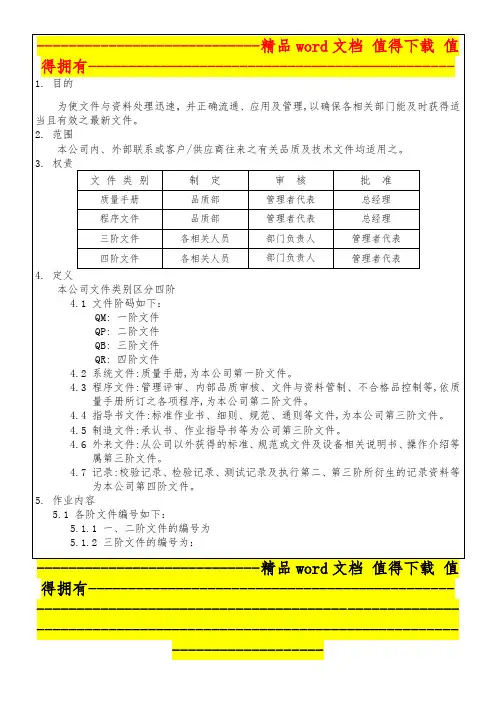
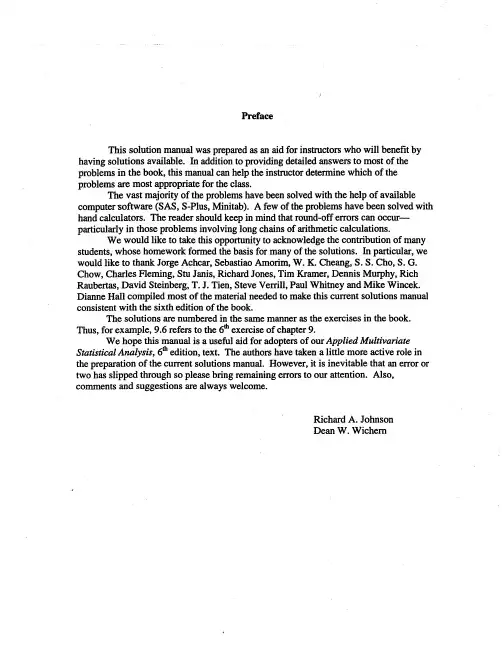
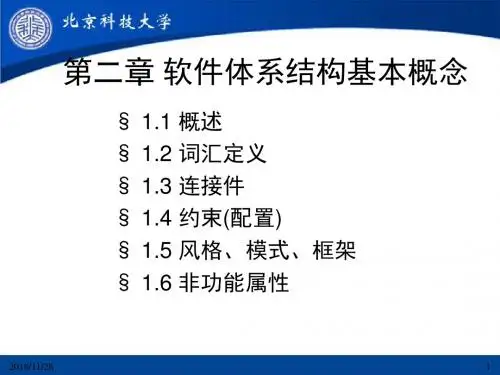


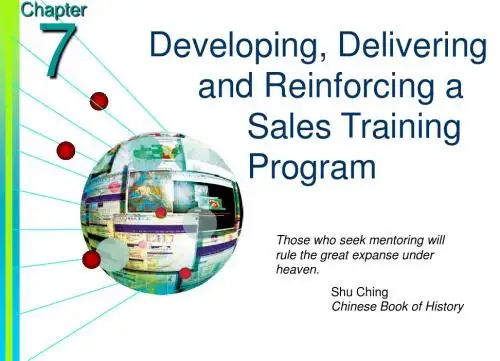


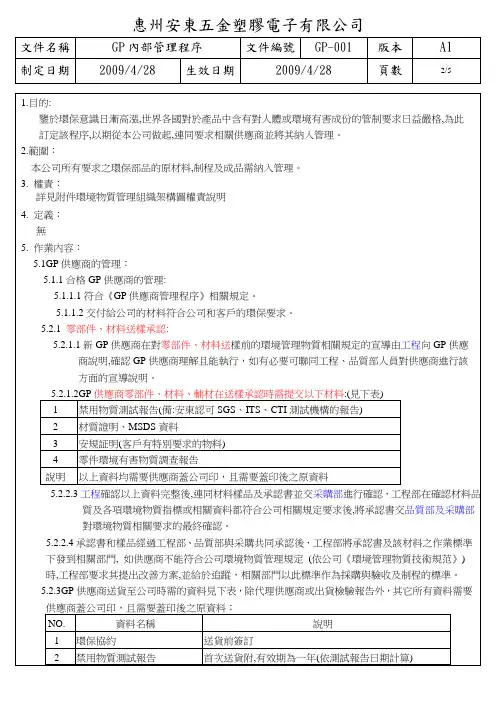
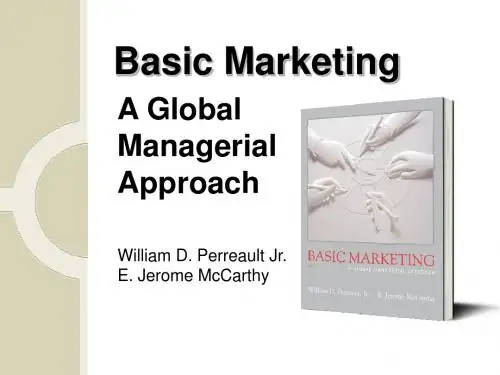

Chapter 01 - The Information Age in Which You Live: Changing the Face of Business 1-1 Chapter 01 The Information Age in Which You Live: Changing the Face of Business
Multiple Choice Questions
1. What does it mean to live in the "digital age"? A. Payment for goods is made with hard cash B. Living, working, learning, and playing in a digital world C. Accessing information over the Internet D. Being born after 1990
2. Why do we consider technology invasive? A. Technology is an integral part of our personal, as well as our professional lives B. Technology is so pervasive that we believe we cannot live without it C. Technology invades our personal thoughts D. Technology requires that most modern employees work more than 40 hours per week
3. How long did it take for iPod to penetrate a market audience of 50 million people? A. 2 years B. 3 years C. 4 years D. 5 years
4. What percentage of today's Fortune 500 companies are technology companies? A. 5% B. 10% C. 25% D. 50%
Chapter 01 - The Information Age in Which You Live: Changing the Face of Business
1-2 5. What is the difference between how you would purchase technology compared to the way businesses purchase technology? A. Your purchase is based upon money availability; businesses' are based upon competitive advantage B. Your purchase is based upon personal taste; businesses' purchases are based on industry standards C. Businesses usually buy essential technology; your purchases may be unnecessary D. Businesses focus on strategy; you focus on enjoyment
6. If you wanted to ensure that your business maintains a desirable return on your investment with technology, what should be one of your main concerns? A. Your technology helps streamline costs without sacrificing quality B. You give the appearance of technological sophistication C. Your management systems are consistent with industry standards D. Your strategic systems are technologically advanced
7. If you wanted to ensure that your business maintains a competitive edge, what should be one of your main concerns when purchasing technology? A. The new technology communicates with existing systems B. Standard operating procedures are supported so that innovative employees can focus on new markets C. The new technology is consistent with the technology owned by your customer base D. The new technology enables you to be innovative and move into new markets
8. Which question does not support a business' efforts to support and maintain a competitive edge? A. Can this technology lower the cost of operating our business? B. Can this technology increase our customer base? C. Can this technology make the company look better? D. Can this technology enhance our innovative efforts?
Chapter 01 - The Information Age in Which You Live: Changing the Face of Business
1-3 9. Should a business' decisions about its technology drive its business strategy? A. Yes, if the decision is about management information systems (MIS) B. Yes, if the decision is about strategic information systems (SIS) C. There are times that technology should drive strategy and vice versa D. No, business strategy should drive decisions about its technology
10. When a business is analyzing its technology needs, it should follow a series of steps. Which of the following is not one of these steps? A. Assess the state of competition and industry pressures affecting it B. Determine the business strategies that are critical to its success C. Determine the type of technology that employees are comfortable working with D. Align technology with important business processes
11. What should you understand first when analyzing the technology needs of your business? A. The industry in which your business operates B. The technology standards emerging with new systems C. The computing skills of your IT staff D. The competition
12. After you understand your competition and its affect on your industry, what should you do next? A. Identify the limitations of technology B. Define the knowledge base of your workforce C. Align your strategies, processes, and technology with your understanding of your industry D. Determine your long-term goals and how these differ from your current thinking
13. Which of the following deals with the planning for, development, management, and use of information technology? A. E-commerce B. Management information systems C. Administration technologies D. Strategic systems